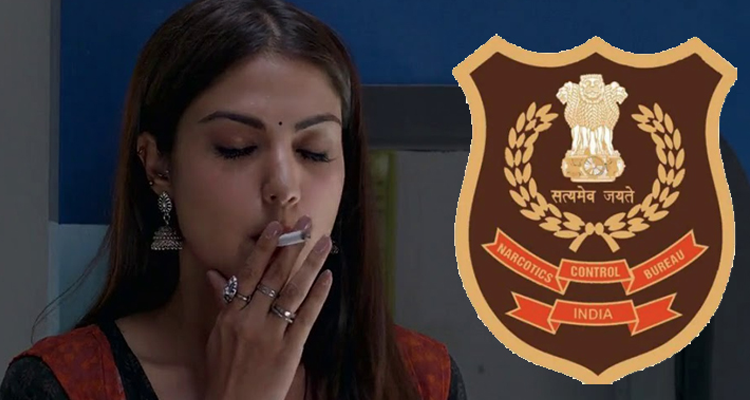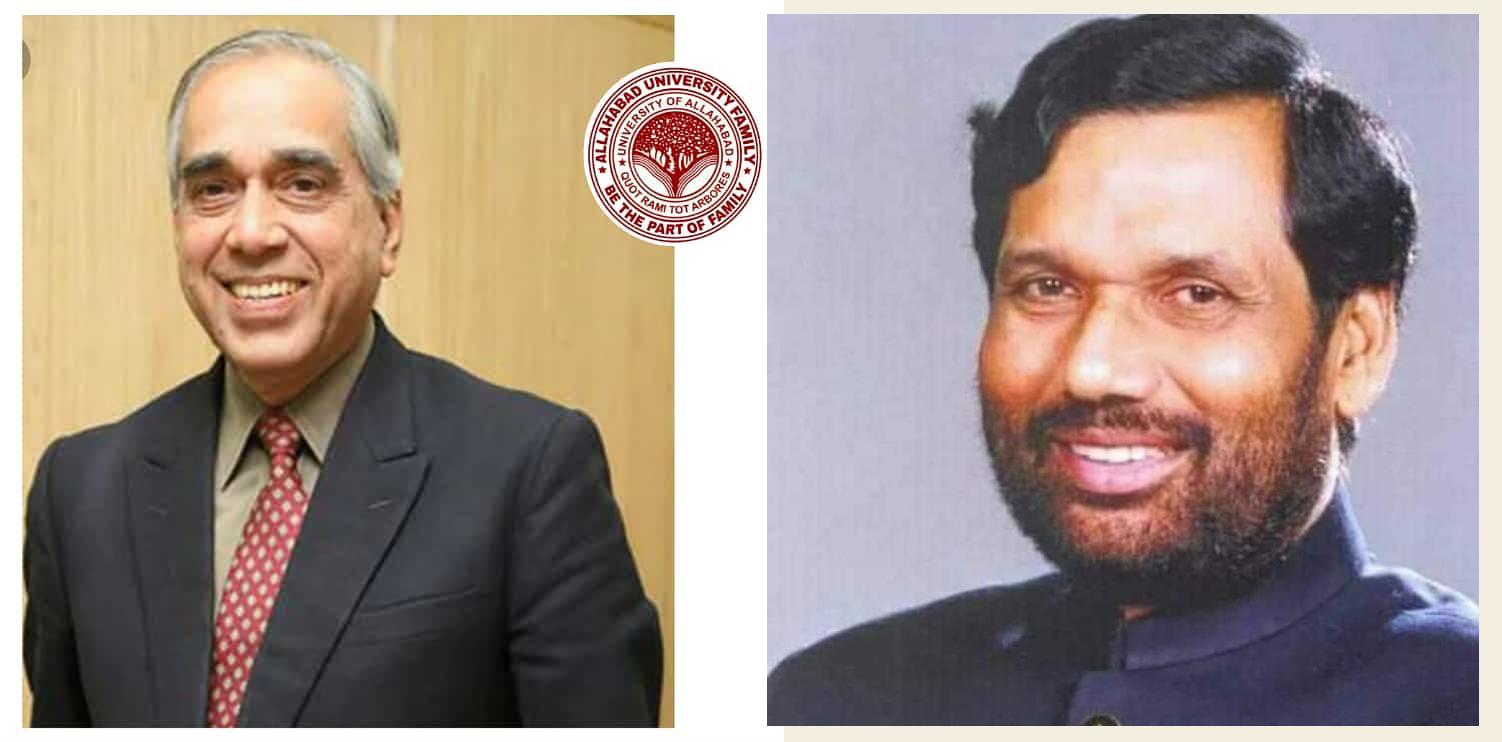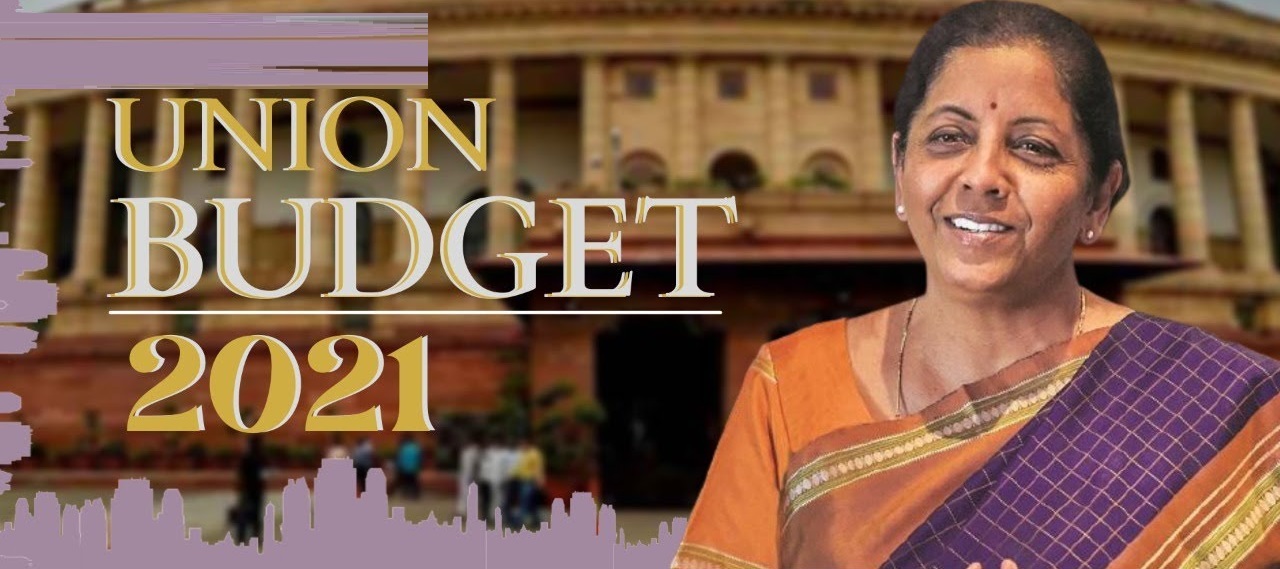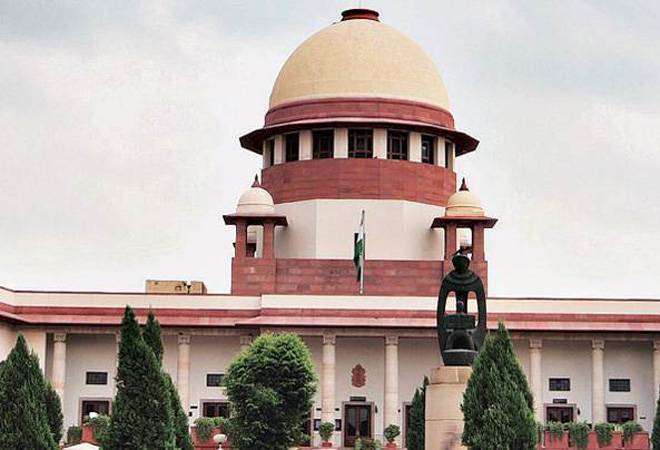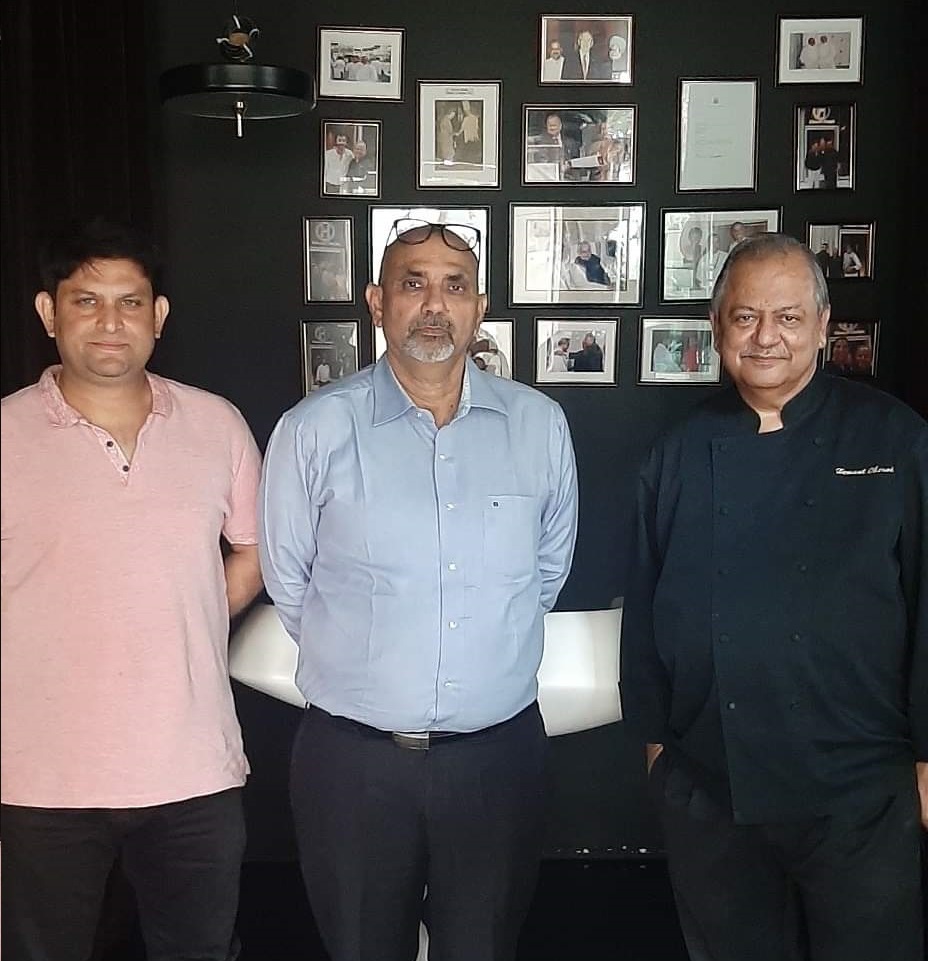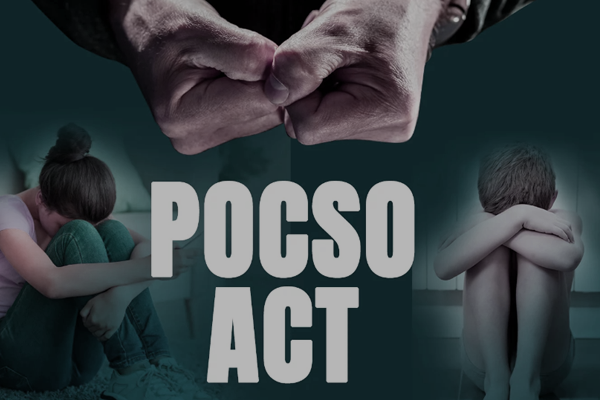
Can a man be prosecuted for child marriage and POCSO charges even after marriage?
The Court stated that minor children will be forced "to face cruelty of the society" if the POCSO Act and the Prohibition of Child Marriage Act are applied automatically, without any fault of their own.
The Madras High Court's Madurai bench recently quashed a case against a man accused of violating the Protection of Children from Sexual Offences Act (POCSO Act). The court reasoned that the victim was his wife, whom he had married when she was underage, and that if the accused were imprisoned, it would be detrimental to the children born outside of marriage.
Judge Sathi Kumar Sukumara Kurup noted that if the criminal case brought against the children under the POCSO Act and the Prohibition of Child Marriage Act, 2006 is permitted to proceed, the children will be deprived of the love, affection, and care of their father and grandparents.
It's an extremely startling situation. The little children, who are 2 and 3 years old, would have to endure a harsh life and deal with the harshness of society if the POCSO Act and the Prohibition of Child Marriage Act, 2006, were to be imposed rigidly and without their consent. Consequently, this is an unusual situation," the Court continued.
When the woman, who is now an adult, was taken to a hospital by her mother for a check-up, the physicians became suspicious that she might have been married off when still a juvenile. This led to the registration of the case.
Her husband was then charged under the Prohibition of Child Marriage Act, 2006, and a POCSO complaint was filed against him. In addition, the man's parents and the victim-woman's parents were charged under the 2006 Act. Subsequently, the accused petitioned the Madras High Court to stop the criminal case being brought against them.
In order to reach a decision, the Court spoke with the couple and requested a police status report to confirm that the man and the woman were now living together as husband and wife and had two children.
The High Court stated that although the accused's role in the crime "cannot at all be denied," the issue is complex.
The judge continued her opinion by saying that the children born out of the partnership should come first, especially their future and their physical and emotional well-being.
The Court stated that it is best to avoid a "crude application of law" in certain situations. As a result, the Court moved to dismiss the criminal case brought against the defendants—the victim woman's husband, parents, and parents-in-law.
The Court further stated that the ruling "cannot be applied as a general rule" because it was issued in a "extraordinary circumstance."
"They must be given some leniency in light of the wellbeing of the little children, who are too young, as well as the social and educational standing of A1 through A4. Thus, this Court is disposed to dismiss the case against the Petitioners (accused) herein, using the extraordinary authority granted by Section 482 Cr.P.C.
Your free access to Supreme Law News has expired
For further details contact:
Dr. Ajay Kummar Pandey
( LLM, MBA, (UK), PhD, AIMA, AFAI, PHD Chamber, ICTC, PCI, FCC, DFC, PPL, MNP, BNI, ICJ (UK), WP, (UK), MLE, Harvard Square, London, CT, Blair Singer Institute, (USA), Dip. in International Crime, Leiden University, the Netherlands )
Advocate & Consultant Supreme Court of India, High Courts & Tribunals.
Delhi, Mumbai & Dubai
Tel: M- 91- 9818320572. Email: editor.kumar@gmail.com
Website:
www.supremelawnews.com
www.ajaykr.com, www.4Csupremelawint.com
Facebook: /4Clawfirm, /legalajay Linkedin: /ajaykumarpandey1 Twitter: /editorkumar / YouTube: c/4cSupremeLaw Insta: /editor.kumarg
Telegram Channel
Whatsup Channel


